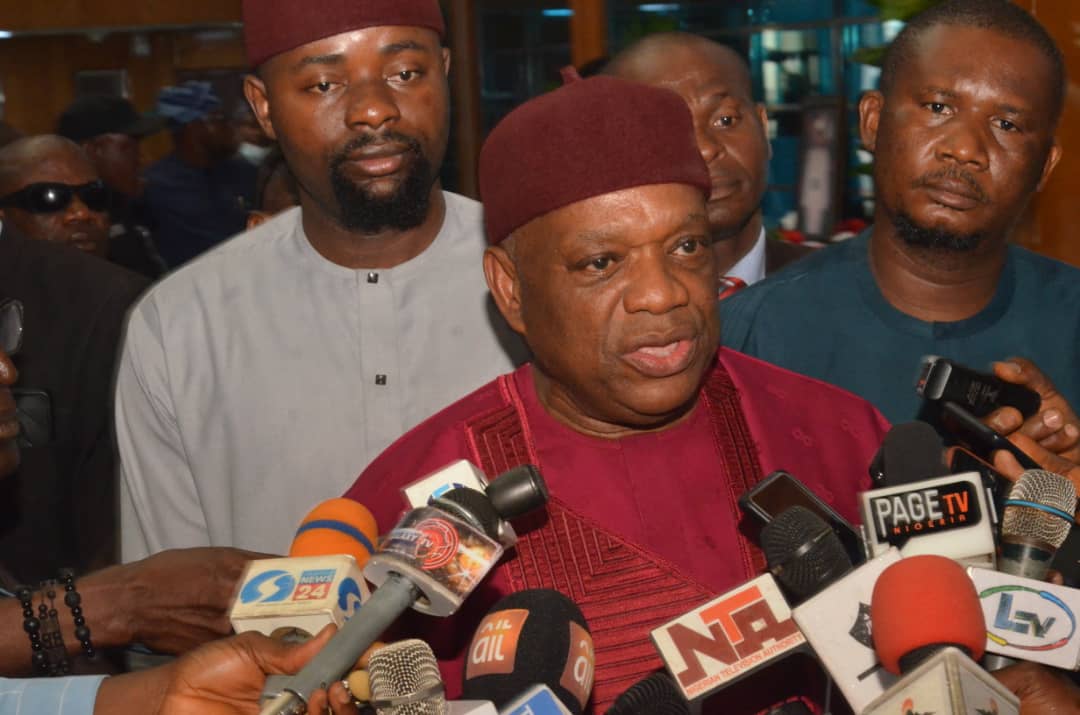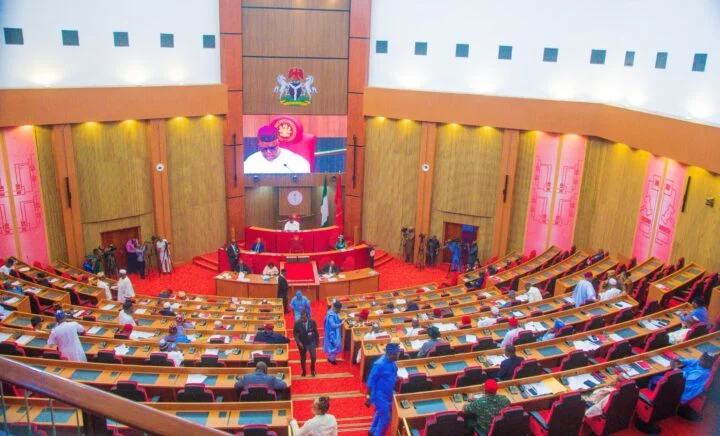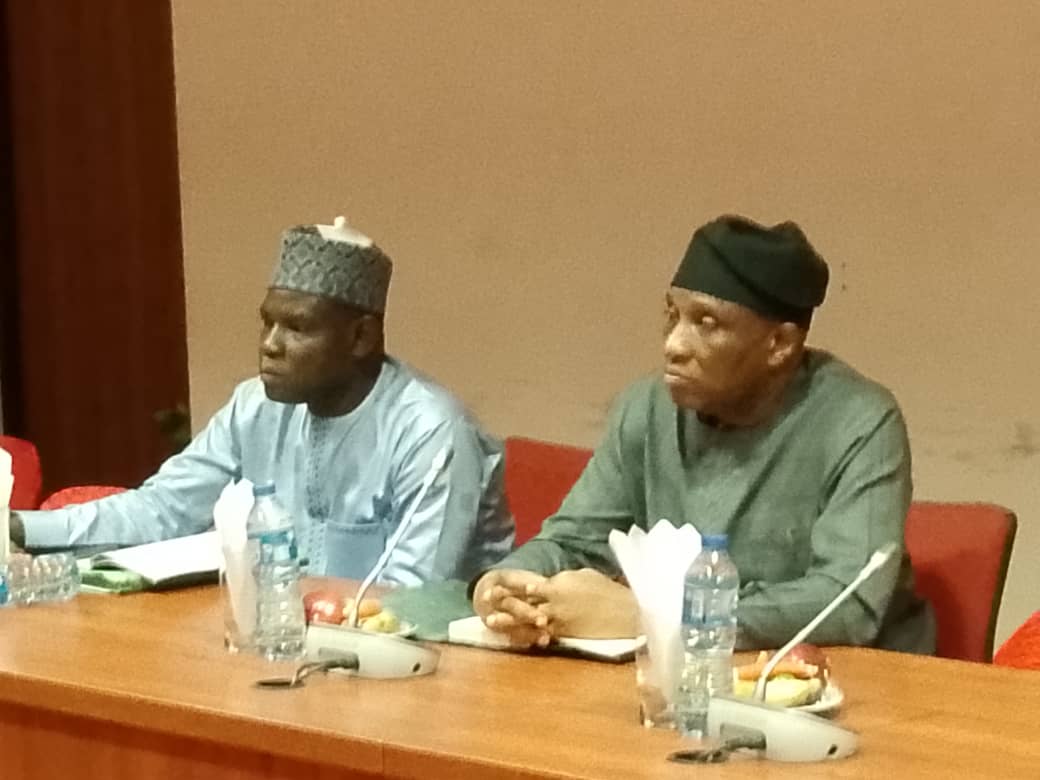Non-governmental organization Urges Government Collaboration With CSOs, Private Sector To Enhance Economy through AI in Nigeria

By Fatima Saka
The Paradigm Initiative Nigeria, a Non-governmental organization, has underscored the importance of government partnering with Civil Society Organizations (CSOs) and the private sector to closely cooperate in harnessing Artificial Intelligence (AI) for economic advancement.
The Non-governmental organization emphasized the imperative for Nigeria, positioned among the forefront of global AI stakeholders, to depart from its conventional practices.
Gbenga Sesan, the Executive Director of Paradigm Initiative, articulated this view during a stakeholder engagement concerning Nigeria’s AI strategy, digital economy, and e-governance bill convened on Thursday in Abuja.
Collaboration among civil society, the private sector, and government is essential to ensure that Nigeria not only deliberates on AI but actively utilizes it to enhance the economy,” Sesan affirmed.
He said: despite the establishment of an AI and robotics center years ago, we have yet to fully tap into its potential. This time, “we must not be content with surface-level endeavors. Concrete implementation is imperative.”
In reference to the digital economy bill and e-governance, Sesan accentuated the significance of translating digital prospects into tangible advantages for the Nigerian populace.
He stressed the necessity for substantive discussions and involvement among stakeholders to accomplish this objective.”Paradigm Initiative recognizes the pivotal role of civil society in holding accountable those in positions of authority and advocating for a more prosperous nation.”
Sesan underlined the significance of transparent dialogues and policy engagement to ensure that the Fourth Republic caters to all citizens.
He emphasized the urgency of such conversations, particularly in a climate where demonstrators are being unjustly branded as criminals and detained.
While addressing the e-governance bill, Precious Nwadike, an analyst at Tech Hive Advisory, proposed that the bill should include a transitional period of 6 months to 1 year between its enactment and implementation. “This would allow institutions to establish the necessary infrastructure for compliance.
“Mechanisms should be put in place to guarantee adherence by public institutions.
“The organization itself should be held responsible for any violations. However, if the Bill intends to hold corporate officers personally liable, it should introduce a graded penalty system, with the primary penalty imposed on the corporate entity and secondary penalties applicable to specific officers in cases of severe negligence or deliberate misconduct.”





